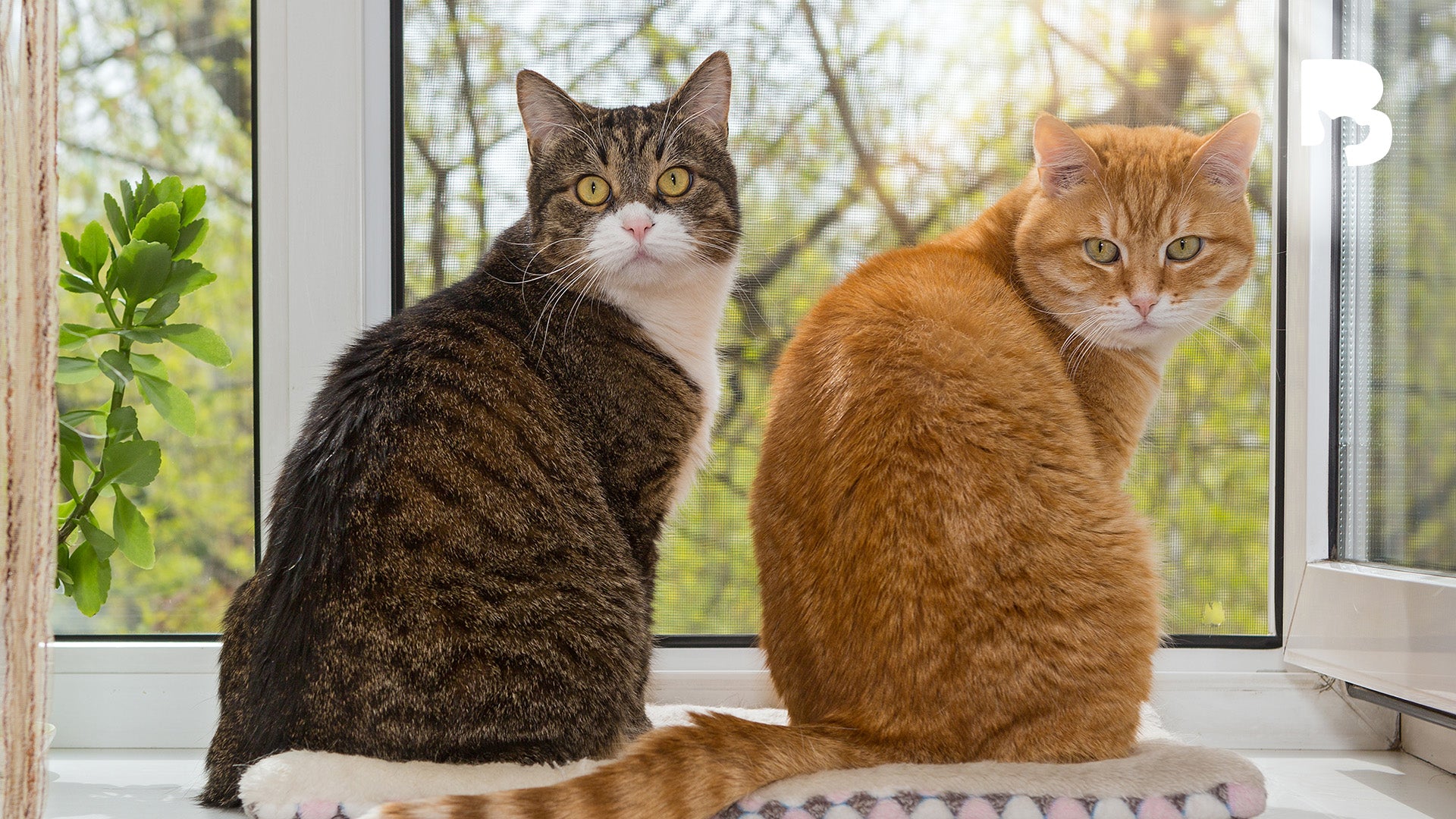Traveling with our beloved pets can be fantastic, but for anxious furry friends, it can be a source of significant stress. If your pet gets the travel jitters, don't worry! There are ways to help them feel calmer and make your trips together as smooth as possible. Here's your ByteBlog guide to minimizing pet travel anxiety, whether you're hitting the road, taking flight, or setting sail.
Understanding Travel Anxiety in Pets
Pets can experience anxiety for many of the same reasons humans do: unfamiliar environments, disrupted routines, and sensory overload. Signs of travel anxiety might include:
- Excessive vocalization (whining, barking, meowing)
- Panting and drooling
- Restlessness or pacing
- Shaking or trembling
- Hiding or trying to escape
- Changes in bathroom habits
Preparation is Key 🔑
Familiarize and Desensitize: Get your pet used to their carrier or travel crate well in advance. Let them explore it at home, and offer treats and toys inside. Short practice car rides can also be helpful.
Visit the Vet: Make sure your pet is up-to-date on vaccinations and get a health checkup. Consider asking your veterinarian about calming supplements or medications if your pet's anxiety is severe.
Pack the Essentials: Bring along familiar items like blankets, toys, their usual food, and plenty of water. A first-aid kit is also a smart addition.
Road Trips with Anxious Pets 🚙
Safety First: Secure your pet with a harness and seatbelt, or in a well-ventilated carrier. Never let them roam loose in the car.
Frequent Breaks: Schedule stops for potty breaks, exercise, and a chance for your pet to stretch their legs.
Comfort is Key: Keep the car temperature comfortable, and consider a calming pheromone spray or diffuser for the vehicle.
Flying with Anxious Pets 🛫
Choose Your Flight Carefully: Direct flights minimize stress, and consider flying during off-peak hours for less noise and crowding.
Airline Approved: Make sure your pet's carrier meets airline requirements and book your pet's flight well in advance, as spots fill quickly.
Be Prepared: Talk to your vet about possible calming aids, and arrive at the airport early to give your pet time to adjust.
Boat Trips with Anxious Pets 🛥️
Safety Gear: A well-fitting pet life jacket is essential.
Practice Makes Perfect: If possible, take short boat trips beforehand to get your pet accustomed to the motion and sounds.
Designated Potty Spot: Locate where your pet can relieve themselves on board and take them at regular intervals.
Additional Tips for All Travel Types
ID Tags: Make sure your pet has a smart ID tag with up-to-date information and a microchip just in case.
Tire Them Out: A good dose of exercise before departure can help expend nervous energy.
Stay Positive: Your pet picks up on your energy. A calm and reassuring attitude goes a long way!
Traveling with an anxious pet can be a challenge, but with patience and preparation, you can minimize their stress and make those trips a whole lot happier. Remember, practice and consistency are your friends! 🐾
Photo by Karsten Winegeart on Unsplash



